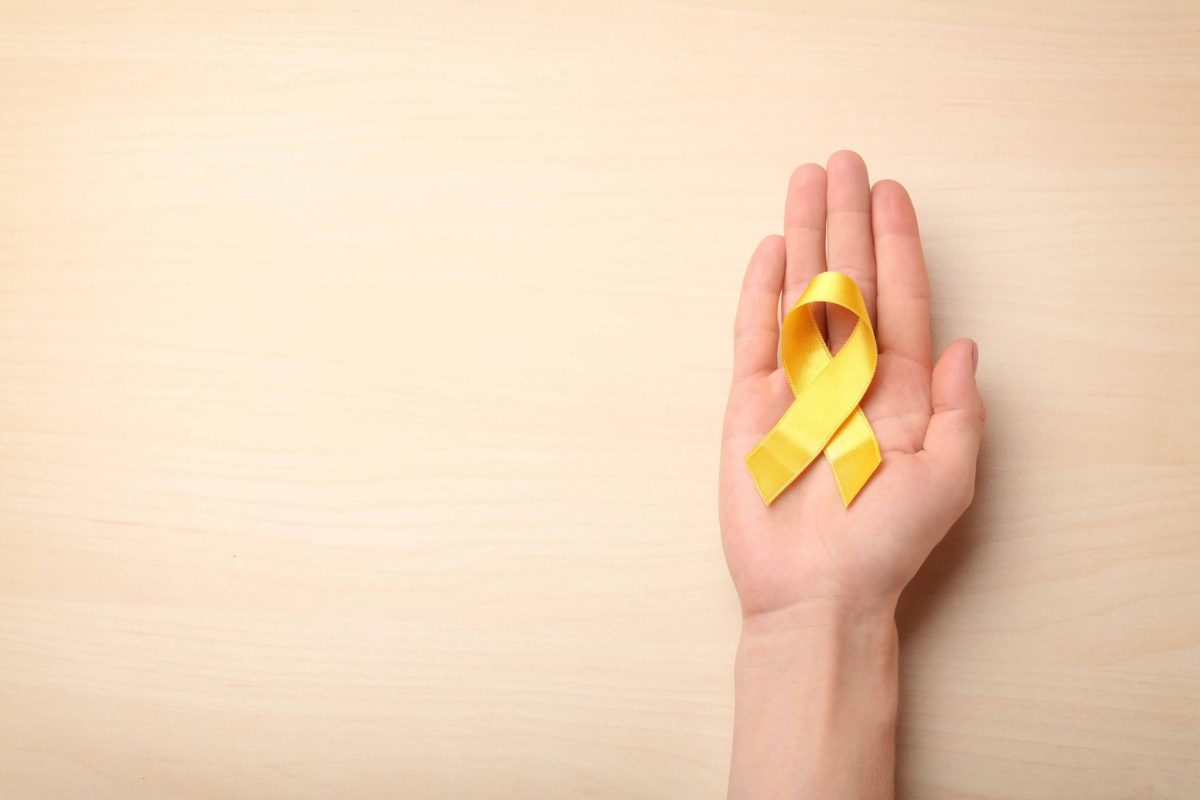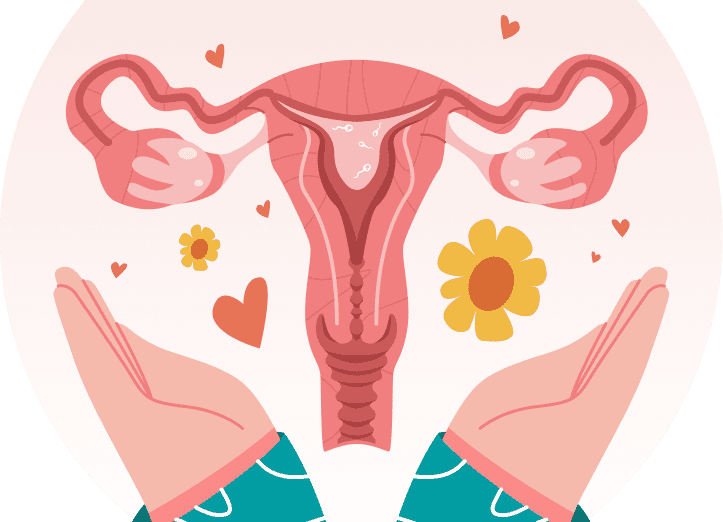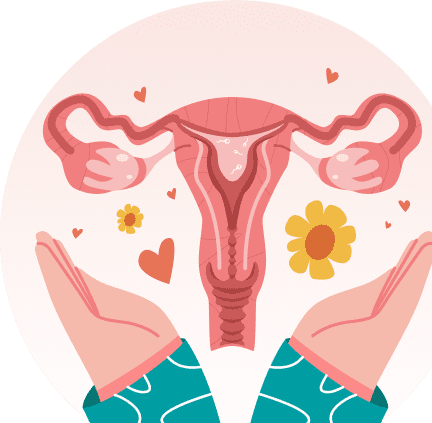Living with a chronic ailment can often have its own toll on one’s mental health and well-being. Especially for women, when a chronic ailment affects the way they look because of hormonal imbalances that cause infertility, obesity, and excessive facial hair, it can also lead to severe mental health issues including anxiety, depression, and eating disorders. For a lot of women, aspects of life like infertility and inability in childbearing can leave them questioning their worth and cause negative perceptions of self.
While PCOS is a common disorder affecting up to 15% of women globally in their reproductive age, studies suggest that PCOS can be associated with mood and psychiatric disorders.
PCOS is associated with an increased risk of a diagnosis of depression, anxiety, bipolar disorder, and obsessive-compulsive disorder.
Some studies indicate that the cognitive function of women with PCOS is partly impaired due to abnormal hormone levels, such as testosterone and fasting insulin.
While this may be a lot to take in for someone feeling the brunt of the ailment with visible symptoms every day, there is a lot that their support system — family, friends, relatives and co-workers can do to help them through it.
Read more: 6 Things People With PCOS Want You to Know
If you’ve been diagnosed with PCOS, start with actively seeking help for your mental health and well-being. Here are some ways you can start —
Eat Right
The impact of our diet is deeper than we realize. Our gut health, blood glucose and metabolic rate have a direct correlation with our mood and hence consuming less salty and sugary foods along with lesser fast food can help us feel lighter and lift our moods. Be mindful of your caffeine intake and consume foods lower on the glycemic index.
Needless to say — more fibres, nuts and complex carbs will help in healthy weight management and reduce symptoms, drastically bringing down physical symptoms of PCOS and mood swings.
Do it right by consulting a nutritionist. At Shyft, our clinical nutritionists create meal plans based on your blood reports after understanding your medical history and dietary preferences. This aids you to bring down the symptoms of PCOS like hair loss, oily skin, acne, irregular periods, weight gain etc.
Yoga and Workout go a Long Way!
One visual of Forrest Gump is hard to forget — it is of Forrest running and attaining runners high towards the end of the movie. It is the burst of endorphins experienced after physical activity that helps release stress, improve oxygenation, get your heart pumping, and enhance blood flow. Physical activity of all types — cardio, strength training, cycling, yoga etc helps with making you feel calmer and relieve stress, thereby improving mental health.
The long-term benefits are something one can experience with a sustained habit of physical activity but a yoga and breathing exercise session can help you feel rejuvenated, reduce anxiety, brain fog and help with improved focus and attention levels.
Know it is not your fault
Just knowing that PCOS is a condition that can arise because of genetics, and exposure to lifestyle habits we cannot control or be stress-induced can help us understand that it is not the fault of the woman suffering from the condition.
Lifestyle changes like eating right and working out can help curb the negative effects and thoughts of living with this lifelong ailment and can also reverse symptoms! But it is extremely heartening to know that women with PCOS can get pregnant naturally and also lead a very healthy life with all their health metrics staying in check.
Get the Information Right
Knowledge is power. We live in a world inundated with information and sometimes also misinformation! Know the facts from myths. Go the trusted route — rather than googling symptoms or blindly trusting something seen on a reel — speak to an expert in the field. Not all advice received from a non-qualified source is relevant to you and not everyone’s body responds to the same treatment. Consult your OBG-GYN for the most trusted and reliable information to avoid hypochondriac behaviour.
Actively Seek Help
Take steps to manage your mental well-being actively. Seeking professional help from a psychologist or psychiatrist if you observe disturbing patterns of behaviour should be the first step. Sometimes the best thing we can do for ourselves is vocalize our concerns and help our case by getting the right answers. Do not undermine the power of therapy and give it a chance with an open mind,
Find your Tribe
Support groups — online or offline can be a huge source of help and make you feel a lot more relaxed and comfortable in sharing your life experiences, Often, people battling chronic ailments feel hesitant to share because they think people might misunderstand their struggles. A support group can curb that feeling and also offer very practical advice on dealing with the ailment from their life experiences.
Overall, believe and know that PCOS is a manageable chronic ailment with strategic lifestyle changes and one does not have to be bogged down by its effect on daily life. If you have trouble shunning away the constant gloomy and negative feeling that comes with overthinking the symptoms of the ailment or are unable to feel better — start with actively seeking help and speaking to a professional therapist. Remember, help, at most times is just a knock away.
Read more: Lifestyle Tips to Manage PCOS




















Share this article